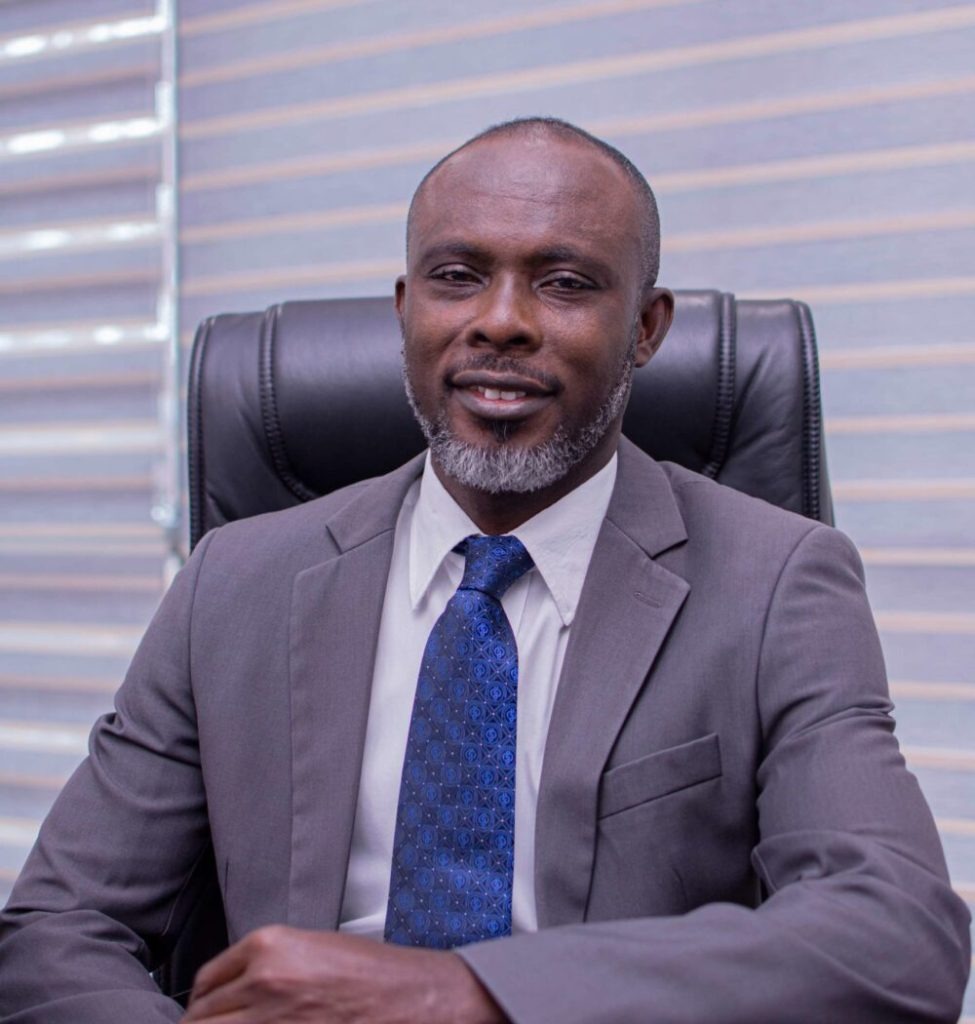
Nuclear Power Ghana (NPG) has cautioned government against speculation surrounding the viability of a floating nuclear power plant, insisting that such distractions could derail Ghana’s carefully planned nuclear power agenda.
At a two-day media capacity-building workshop themed “Media Practice: A Bridge in Building Sustainable Community Development”, Dr. Stephen Yamoah, Executive Director of NPG, emphasised that the country’s nuclear programme is designed around an onshore nuclear power plant—not a floating facility.
“Ghana without a nuclear power plant is far better than Ghana with a floating nuclear power plant,” Dr. Yamoah asserted, warning that electricity generation is only one part of the broader nuclear agenda.
No Place for Floating Nuclear Plants in Ghana’s Plans
Dr. Yamoah noted that Ghana has already completed comprehensive technology assessments in phases one and two of its nuclear programme. Neither of these reports, he stressed, made reference to or recommended a floating nuclear power plant.
According to him, no vendor ever proposed such an option during the assessments, and NPG has never endorsed it.
Protecting Ghana’s International Reputation
Dr. Yamoah cautioned that entertaining the idea of a floating plant could harm Ghana’s credibility:
“If we dilute our goal and lose focus, the international community will see Ghana as an unserious country.”
He suggested that the floating nuclear plant concept may reflect the agenda of individuals seeking to profit from electricity generation at an unknown cost, rather than advancing national interests.
A Strategic National Project
The NPG Executive Director reiterated that the nuclear power project is central to Ghana’s industrialisation and energy security, serving as a foundation for:
- Reliable electricity generation
- Industrial growth and job creation
- Supply chain development
- Knowledge transfer and technology export
He reaffirmed NPG’s commitment to working with partners such as the Nuclear Power Institute, Ghana Atomic Energy Commission, Association of Ghana Industries (AGI), the International Atomic Energy Agency (IAEA), and local communities to deliver a project that strengthens Ghana’s future.
By Calvin Powell








